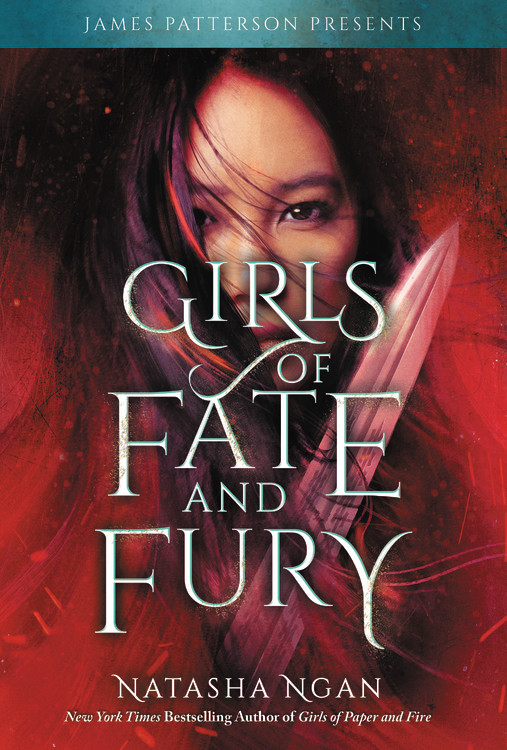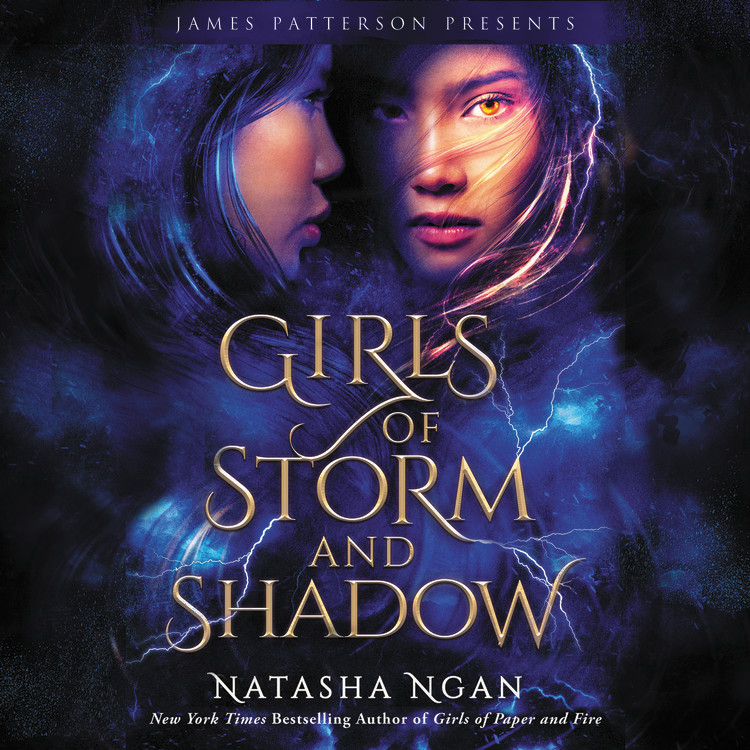samhiggins (![[personal profile]](https://www.dreamwidth.org/img/silk/identity/user.png) samhiggins) wrote in
samhiggins) wrote in ![[community profile]](https://www.dreamwidth.org/img/silk/identity/community.png) asianamlitfans2025-09-25 04:37 pm
asianamlitfans2025-09-25 04:37 pm
A Review of Percival Everett’s James (Doubleday, 2024).

Written by Stephen Hong Sohn
Edited by Sam Higgins
As you know, we always throw in a title from other groups in order to cast a wide net and continue to operate with some element of inclusivity. We figured it would be a good opportunity to review Percival Everett’s James (Doubleday, 2024), the recent Pulitzer Prize winner. It’s been ages since I read The Adventures of Huckleberry Finn, and James is purported to be a kind of revisionist telling, told from the perspective of Huck’s friend, Jim, who is also a slave on the run. In any case, here is that marketing description:
“When Jim overhears that he is about to be sold to a man in New Orleans, separated from his wife and daughter forever, he runs away until he can formulate a plan. Meanwhile, Huck has faked his own death to escape his violent father. As all readers of American literature know, thus begins the dangerous and transcendent journey by raft down the Mississippi River toward the elusive and unreliable promise of the Free States and beyond. Brimming with the electrifying humor and lacerating observations that have made Everett a literary icon, this brilliant and tender novel radically illuminates Jim’s agency, intelligence, and compassion as never before. James is destined to be a major publishing event and a cornerstone of twenty-first-century American literature.”
Well, I have to say, I was absolutely gobsmacked by this novel! One of the best I’ve read in a while, partly because I just love revisionist literary works. Some of my favorite novels—Monique Truong’s The Book of Salt (which offers a counter to some of the writings of Gertrude Stein and the Alice B. Toklas cookbook) and Nghi Vo’s The Chosen and the Beautiful (a revision of The Great Gatsby from Jordan Baker’s perspective, who also happens to be Asian American in a fictional world filled with magic)—operate in this vein, and it’s so interesting to see a narrative taken from an entirely different perspective. In those long-ago days, I feel as though the only real interiority we got in Huck Finn was the titular character, who seemed a bit naïve, but over the course of the narrative starts to realize the darker ways of the world, whether it comes in the form of human bondage, con men, or what have you. But Jim remains a sort of flat character and is certainly not the protagonist in that work. So, we get a delicious retelling from Jim’s perspective, which gives you the expansive first-person interiority that so many readers may not have realized that they wanted but so desired. In this novel, you begin to see how Everett is playing with the historical framing of slaves as well as their intellect.
This text clarifies how so many African Americans employ code switching in order to survive, communicating in one way to the dominant white community and in another with fellow blacks. This mode of networking and insidership is sometimes complicated by the fact of passing, but their ability to speak to each other in coded variations serves as an instrumental tool not only for surviving but also occasionally the mode by which they flourish even in oppressive circumstances. Everett dives deeply into this form of representational corrective and gives the titular James (aka Jim) the kind of heroic arc that is both historically and representationally reparative. There is a moment in this text, especially in those concluding pages, where a reader of a particular type might not believe how it all ends. Indeed, a reader might pause to consider whether or not such an outcome is plausible, but I do believe that such suspicions would miss the point here. James is not only rewriting the past but also writing for this particular moment, when we need to see that oppressive structures of power can sometimes be partially skirted around and that resistance and revolution, however minor in its manifestation, can yet become a mode by which slavery is momentarily destabilized. Given the trials and tribulations faced by so many black characters in this novel, it is the kind of logical ending that we need, both then and now.
Buy the Book Here


